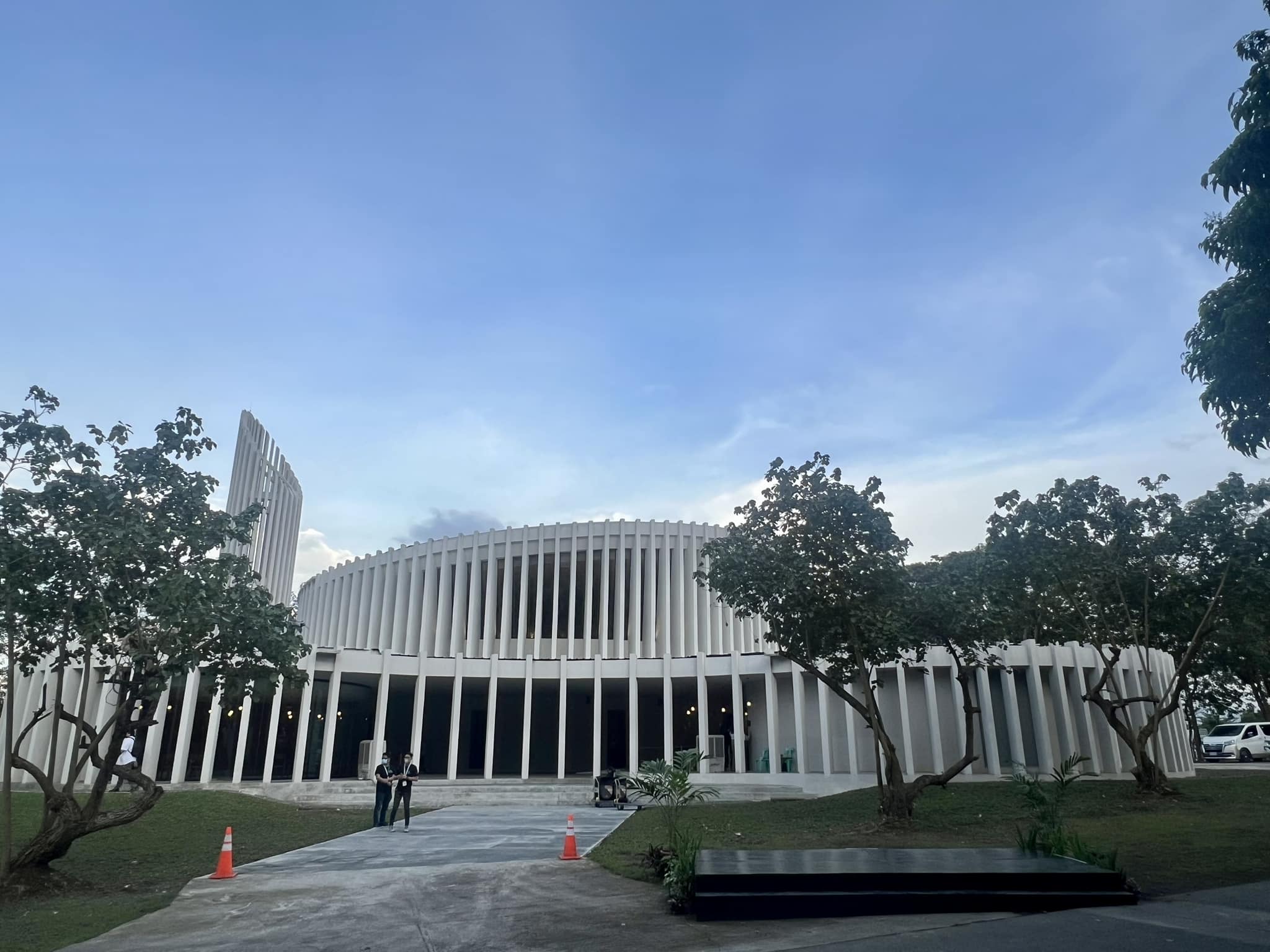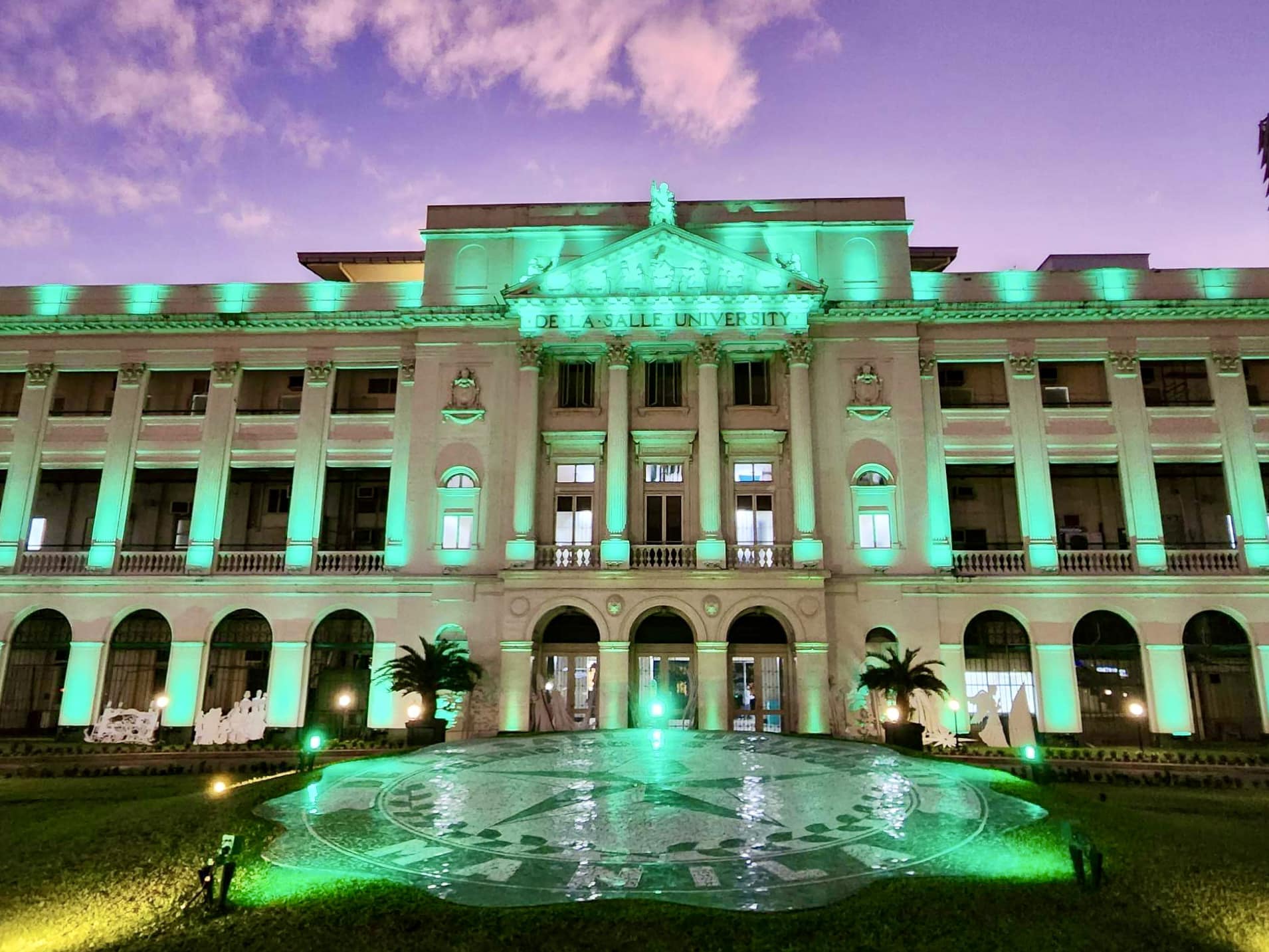MTH101A FOUNDATION COURSE IN MATHEMATICS (5 units)
This is a course on pre-calculus covering the following topics: Basics of algebra equations and inequalities in one variable functions and their graphs exponential and logarithmic functions trigonometric functions trigonometric identities inverse trigonometric functions trigonometric equations polar coordinate system coordinates and lines curve sketching conic sections systems of equations sequences mathematical induction and the binomial theorem
STT101A FOUNDATION COURSE IN STATISTICS (3 units)
This is a course covering basic rules of probability discrete and continuous probability distributions and introduction to inferential statistics
MTH210A INTRODUCTION TO SET THEORY (3 units)
This is a course covering the principles of symbolic logic valid arguments and methods of proof; axioms on sets algebra of sets; relations and functions the natural numbers finite and infinite sets and cardinal numbers
GEMATMW MATHEMATICS IN THE MODERN WORLD (3 units)
This course aims to discuss the nature of mathematics leading to appreciation of its practical intellectual social and aesthetic dimensions It includes the study of the nature of mathematics and how the perception of this leads to different tools for understanding and dealing with various aspects of present day living such as managing personal finances making social choices appreciating geometric designs understanding codes used in data transmissions and security and dividing limited resources fairly
STT201A EXPLORATORY DATA ANALYSIS (3 units)
This is a course covering statistical concepts statistical measurements statistical notations collection organization and presentation of data measures of central tendency location dispersion skewness kurtosis; boxplots and stem-and-leaf display; measures of association and relationships; rates ratios and proportions; construction of index numbers and indicators/official statistics
MTH201A MATHEMATICAL ANALYSIS 1 (5 units)
This is the first course in the calculus series for majors It covers limits continuity derivatives of algebraic and transcendental functions applications of derivatives differentials antiderivatives definite integrals the Fundamental Theorem of Calculus and some applications of the definite integral
STT200A MATHEMATICAL REASONING (3 units)
This course covers the principles of logic; methods of proof fields sigma fields and sequences of sets; the real number system; sequences and series; and combinatorial analysis
MTH202A MATHEMATICAL ANALYSIS 2 (5 units)
This is the second course in the calculus series for majors It covers techniques of integration indeterminate forms improper integrals sequences and series parametric equations polar coordinates functions of several variables and a quick look at evaluating multiple integrals
MTPROG1 COMPUTATIONAL THINKING IN PYTHON (3 units)
This course covers the fundamentals of logic formulation computational thinking and problem solving together with their implementation in the Python programming language This course serves as a foundation for future courses that the students will encounter throughout their program This course will cover topics on data representation I/O control structures loops and functions as well as discussions on how to use them appropriately in constructing program code
STT220A STATISTICAL THEORY 1 (3 units)
A course in probability theory Topics include the concept of sample space and events conditional probability probability distribution functions cumulative distribution functions mathematical expectations joint and marginal distribution functions of several random variables Special discrete and continuous distributions are covered
STT202A MATRIX THEORY (3 units)
This is an introductory course in matrix theory Topics discussed include matrices vector spaces linear transformations and their matrix representations eigenvalues and eigenvectors and diagonalization Emphasis is given on concepts used in statistics
STT203A STATISTICAL PACKAGES (3 units)
This is a course designed for Statistics/Mathematics majors to familiarize students on the use of different statistical software (Microsoft Excel/PHStat2/MegaStat SAS and R) for creating and managing databases as well as conducting simple statistical data analyses
STT222A STATISTICAL THEORY 2 (3 units)
A course in estimation of parameters Topics include order statistics limiting distributions methods of estimation properties of estimators and interval estimation
STT300A THEORY OF INTEREST (3 units)
A three-unit course on the theory of measurement of interest annuities extinction of debts by amortization and sinking funds bonds and other securities
STT280A INTRODUCTION TO SAMPLING THEORY (3 units)
This is a course introducing the student to the basic principles of sampling This course includes the steps to be undertaken in conducting sample surveys theoretical discussion on the different sampling designs (simple random sampling probability proportional to size sampling systematic sampling stratified sampling cluster sampling and multi-stage sampling) estimation procedures using the various designs sample size estimation as well as variance reduction techniques
STT224A STATISTICAL THEORY 3 (3 units)
A course in tests of hypotheses and resampling techniques Topics include hypothesis testing and resampling techniques such as jackknife bootstrap and Monte Carlo methods
STT282A SURVEY OPERATIONS (3 units)
This is a course on planning of survey operation; techniques of data collection; principles of questionnaire design; data coding and encoding; data quality control; presentation of research findings
STT241A LINEAR MODELS (4 units)
A study of the various linear statistical models that arise in practice Topics include multivariate normal distribution distribution of quadratic forms general linear models estimation and tests of hypotheses about linear hypotheses and design matrices giving rise to analysis of variance models
STT263A TIME SERIES ANALYSIS (3 units)
A course dealing with the different methods of forecasting time series data – classical smoothing procedures time series decomposition and deseasonalization ARIMA models and Box-Jenkins method
STT261A MULTIVARIATE ANALYSIS (4 units)
This course is concerned with statistical methods for describing and analyzing multivariate data Data analysis becomes truly fascinating and challenging when several variables are involved
STT243A EXPERIMENTAL DESIGNS (4 units)
This is an introductory course on the design and analysis of experiments It deals with planning and conducting experiments and about analyzing the resulting data so that valid and objective conclusions are obtained
STT226A BAYESIAN STATISTICS (3 units)
A course dealing with elements of Bayesian inference assessment of prior likelihood and posterior distributions Bayesian estimation and hypothesis testing predictive distribution and asymptotics Bayesian hierarchical models introduction to Empirical Bayes and Bayesian regression with the use of statistical software
STT302A LIFE CONTINGENCIES 1 (3 units)
This is course for Actuarial Science students that covers the measurement of mortality life annuities life insurance benefit premiums and benefit reserves for single life functions
STT245A CATEGORICAL DATA ANALYSIS (3 units)
A course on statistical methods for categorical (or cross-classified) response data
STT265A NONPARAMETRIC STATISTICS (3 units)
This course provides alternatives to classical parametric statistical procedures and discusses different nonparametric and distribution-free statistical procedures They are grouped according to the data available: one-sample tests two-sample tests three or more-sample tests goodness of fit tests and measures of association and simple linear regression
STT304A LIFE CONTINGENCIES 2 (3 units)
A three-unit course that covers multiple life functions multiple decrement models advanced multiple life theory and population theory
STT321A STATISTICAL QUALITY CONTROL (3 units)
This course discusses the use of statistical methods to improve the quality of products used in society These products include manufactured goods and services Topics include statistical process control process design and acceptance sampling
STT306A RISK THEORY (3 units)
A course that covers economics of insurance individual and collective risk model continuous time model and ruin theory
STT320A MARKETING RESEARCH (3 units)
This course is designed to help students learn the essential principles of MARKETING RESEARCH It will provide students with the important concepts and skills in research design and analyses necessary formaking sound marketing decisions This course emphasizes the primary methodologies of market research as well as introduces a variety of market research techniques including appropriate sampling and multivariate strategies and demonstrates how these marketing research techniques apply to marketingadvertising sales product design and development
STT480A THESIS WRITING 1 (3 units)
This course introduces research techniques and research topics in Statistics to enhance students’ capacity in developing a thesis proposal The students are required to submit a thesis proposal and present it in the form of a proposal defense
STT308A SELECTED TOPICS IN ACTUARIAL SCIENCE (3 units)
An introductory course in Stochastic Processes It covers Markov chains Poisson process renewal Markov chains continuous time Markov chains and Brownian motion
STT400A PRACTICUM (3 units)
This is a course taken by students to allow them to apply what they have learned in class This will also expose them to the work environment and to the different companies employing mathematicians/statisticians
STT482A THESIS WRITING 2 (3 units)
The course requirement is a bachelor’s thesis done by student under the guidance of an adviser
Show less 



